How to help during a hypoglycemia emergency

Living with diabetes requires daily vigilance — counting carbs, exercising regularly, checking blood glucose throughout the day and more.
Cleveland Clinic is a non-profit academic medical center. Advertising on our site helps support our mission. We do not endorse non-Cleveland Clinic products or services. Policy
But even with a proactive approach, situations can arise when a person’s blood sugar level can drop dangerously low (or reach dangerously high). Severely low blood sugar can cause someone to become confused or even unconscious.
So as a friend or loved one of someone with diabetes, it’s important to know the signs of severe hypoglycemia in case you ever need to assist.
Diabetes makes a person’s body unable to produce enough — or any — insulin, which is a hormone that enables the body to convert and use glucose (sugar) from food as fuel. As a result, their blood sugar level is too high.
People with Type 1 diabetes and some people with Type 2 diabetes take insulin to help keep their blood sugar at safe, lower levels. But if someone doesn’t eat enough carbs for the amount of insulin they’ve taken, or if they exercise more than usual without adjusting their insulin dosage, they can actually experience too low blood sugar — called hypoglycemia.
Signs like shakiness, sweatiness, dizziness, confusion and a fast heartbeat can indicate that someone’s experiencing hypoglycemia. And if action isn’t taken quickly to raise their blood sugar, it can progress to severe hypoglycemia (informally called insulin shock or diabetic shock), which may cause:
It can happen to people with Type 1 or Type 2 diabetes and is especially challenging for people who experience what’s called hypoglycemia unawareness, explains Shannon Knapp, Manager of Diabetes Education.
“As people have diabetes for longer and longer and they have more and more low blood sugars, their body will get used to being at that low level, so it won’t give them the typical symptoms,” she says.
There can also be cases where people don’t act on their initial symptoms — for example, young children may not be able to describe their symptoms, so no action is taken to get their blood sugar back up. “Then it continues to get lower and lower until they end up in a situation where their blood sugar is so low that they will lose consciousness,” Knapp explains.
So what can you do if you’re ever with someone who’s experiencing severe hypoglycemia? A few things:
A new form of glucagon that was recently approved by the FDA could make it easier to help someone who’s experiencing insulin shock, Knapp says. It’s a dry nasal spray, so it doesn’t require mixing or giving someone an injection.
Talking to your friend or loved one about their experiences with hypoglycemia can help you be aware and prepared to help, if needed, in an emergency situation. And if their behavior ever seems off, or they don’t seem well, don’t be afraid to ask if they’re OK. Since low blood sugar can make a person confused or disoriented, friends or loved ones might be the first to recognize that action is needed.
Learn more about our editorial process.
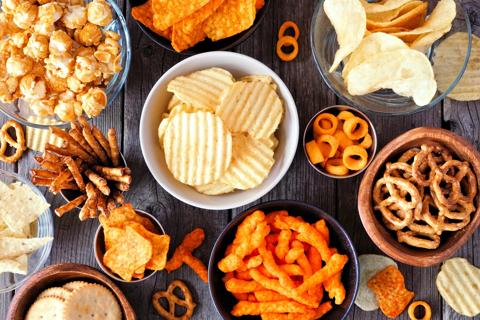
Cut back on foods made with added sugars, trans fats, refined carbs, omega-6 fatty acids and processed meats
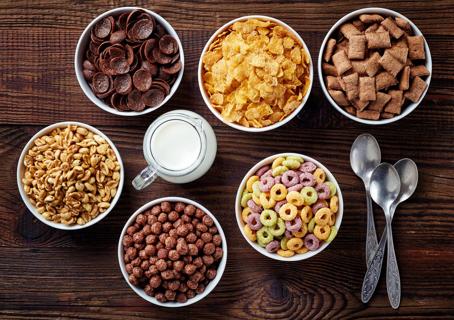
There are better breakfast options, but if it’s got to be cereal, look for whole grains, high fiber and no added sugar
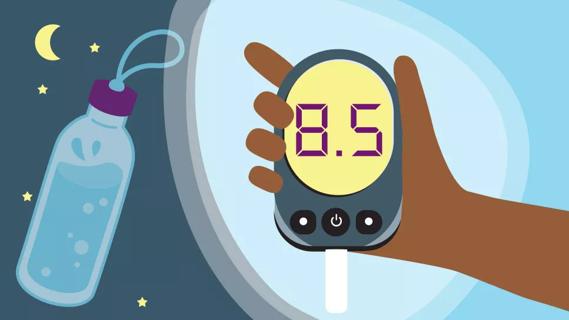
Planning ahead, checking in with your care team and being vigilant about blood sugar monitoring can help ensure a safe fast
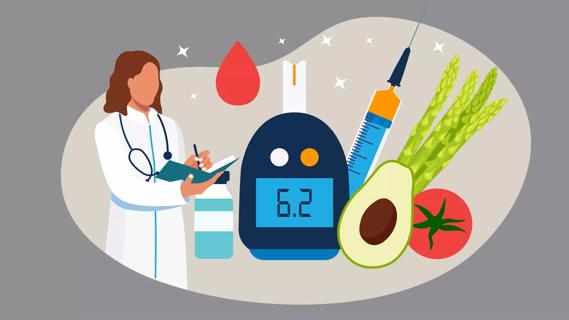
A diabetes diagnosis, new or long-standing, can trigger reactions like grief, stress, depression and frustration, but symptom relief and help are available
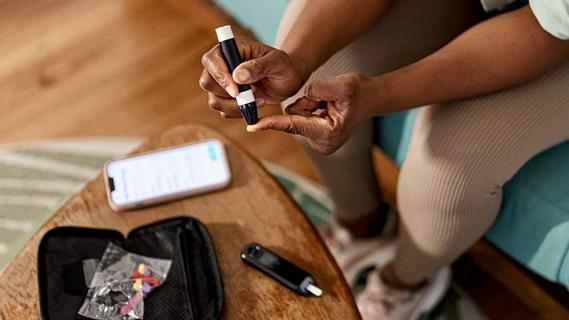
Type 1 diabetes happens when your body doesn’t make insulin, while Type 2 happens when your body can’t use insulin properly

There is an indirect link between the sweet substance and the condition
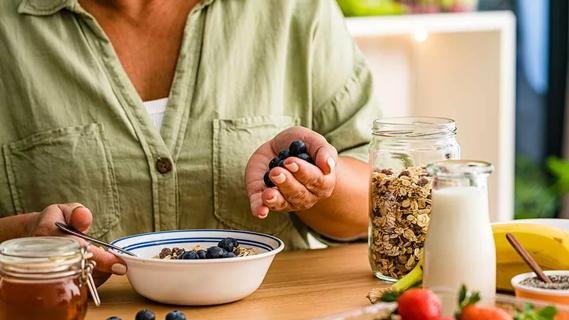
The short answer: Yes, but you need to eat it in moderation and keep track of how much you consume
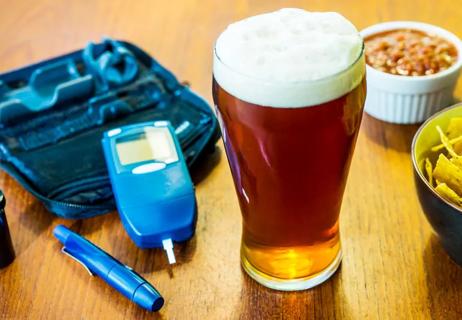
Blood glucose monitoring and drinking in moderation can help you avoid hypoglycemia

Your metabolism may torch 1,300 to 2,000 calories daily with no activity

A gentle touch in all the right places may help drain your sinuses